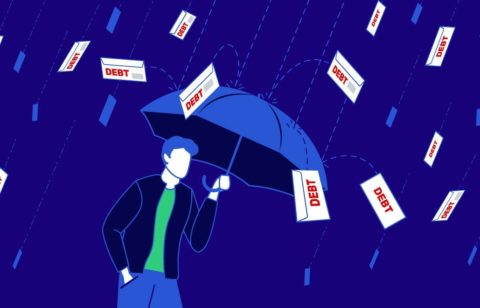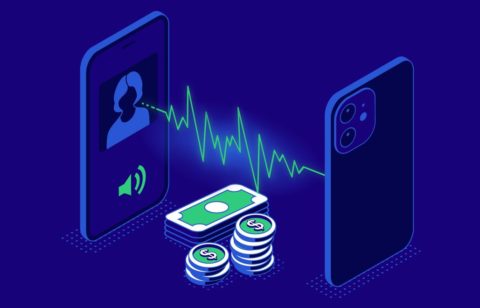I discovered some years ago – much to my chagrin – that I had never been taught much about personal finance. So I took it upon myself to read some books I thought would help.
Does it seem kind of old school to read personal finance books–what with all the information now available on the Internet? There is no doubt but that you can learn a lot about personal finance online. There are sites such as Mint.com, LearnVest.com and Fool.com that offer a huge amount of information about personal finance.
The big problem
Online personal finance sites can be very helpful. However, the information you find there can be very intangible. You might find valuable information one day but when you go back to review it, it’s just not there anymore. Or you might have forgotten to bookmark the page and just can’t find it again. In comparison, with personal finance books the information is always there and remains unchanged. You can dog-ear a page for future reference, go back months later and find the information you need almost instantly.
Best personal finance books
It’s always tough to put together a list of “best” things. What one person thinks is a best something, another person might think of as trash. And the same is true of the best personal finance books.
But two of the books I like the best are Personal Finance For Dummies, and The Wall Street Journal – Complete Personal Finance Guidebook.
Personal Finance For Dummies
Despite its title, this is not a book for dummies. It’s a book for people who want to take control of their money and live a better life. Its author, Eric Tyson, is no dummy either. In fact, he’s a best-selling personal finance book author who has been responsible for five national bestsellers. This book actually won the Benjamin Franklin award for Best Business Book of the Year.
The Wall Street Journal – Complete Personal Finance Guidebook
Who do you trust more than the Wall Street Journal when it comes to finances? Probably not very many other sources. This Guidebook covers just about everything related to personal finances including topics like rethinking your credit cards, evaluating your approach to college savings and credit cards versus debit cards. One person who reviewed this book said “I have read many books on personal finance in the past but none have this depth and breadth to it.” Another reviewer said, “I found it fascinating and easy to comprehend.”
A place for books
Personal finance books can still be a useful tool. They may not be quite as “cool” as online money management sites but the good ones offer information about budgeting and money management that you can go back to and review time after time.
Problems these books can’t solve
While you will find a lot of good information in these books, the one thing they can’t help you with is big debt. If you’re heavily in debt, you’re going to have to turn elsewhere for help and this is where we come in. We have years of experience helping people get out of debt through a program of debt settlement. This is where we contact all those companies where you have unsecured debts and negotiate a settlement – normally for a fraction of what you owe. You no longer have to pay your creditors, as you will be paying us and over a period of time – usually 24 to 48 months. We’ve helped thousands of families find debt relief through debt settlement and there’s no reason why we couldn’t help you as well. Go to our home page and fill out the free debt analysis form you’ll find there. We charge nothing upfront and work on creating a payment plan you approve so you have nothing to lose by giving us a try.





